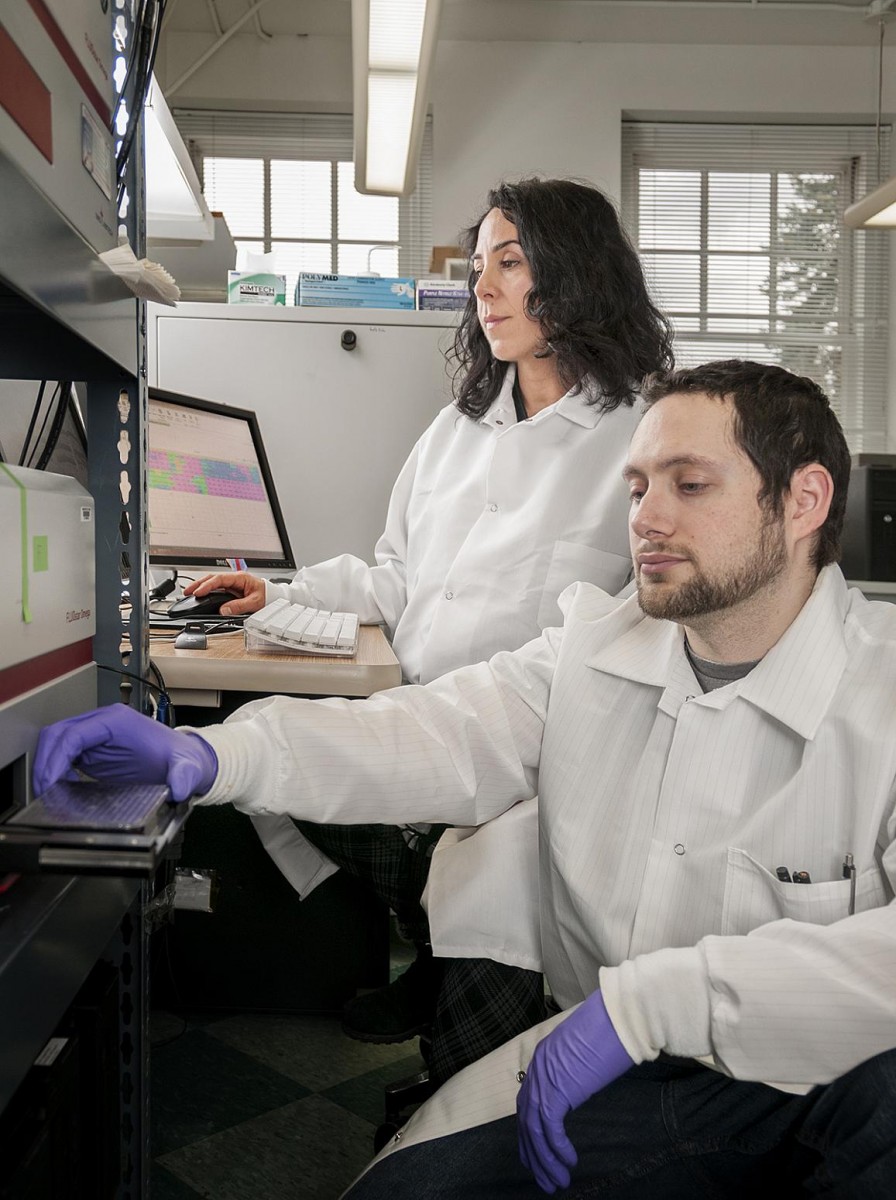NIH scientists adapt new brain disease test for Parkinson’s, dementia with Lewy bodies
National Institutes of Health scientists developing a rapid, practical test for the early diagnosis of prion diseases have modified the assay to offer the possibility of improving early diagnosis of Parkinson’s disease and dementia with Lewy bodies. The group, led by NIH’s National Institute of Allergy and Infectious Diseases (NIAID), tested 60 cerebral spinal fluid samples, including 12 from people with Parkinson’s disease, 17 from people with dementia with Lewy bodies, and 31 controls, including 16 of whom had Alzheimer’s disease. The test correctly excluded all the 31 controls and diagnosed both Parkinson’s disease and dementia with Lewy bodies with 93 percent accuracy.
Importantly, test results were available within two days, compared to related assays that require up to 13 days. The group conducted the tests using Real-Time Quaking-Induced Conversion (RT-QuIC), an assay developed and refined over the past decade at NIAID’s Rocky Mountain Laboratories. Scientists from the University of California San Diego, University of Verona in Italy, Indiana University School of Medicine, Indianapolis, and the Case Western Reserve University School of Medicine, Cleveland, collaborated on the project. The research findings were published in Acta Neuropathologica Communications.

NIAID’s Bradley Groveman, foreground, and Christina Orru using the RT-QuIC diagnostic assay, which they helped adapt to detect Parkinson’s disease and dementia with Lewy bodies.
This page was last updated on Friday, January 21, 2022